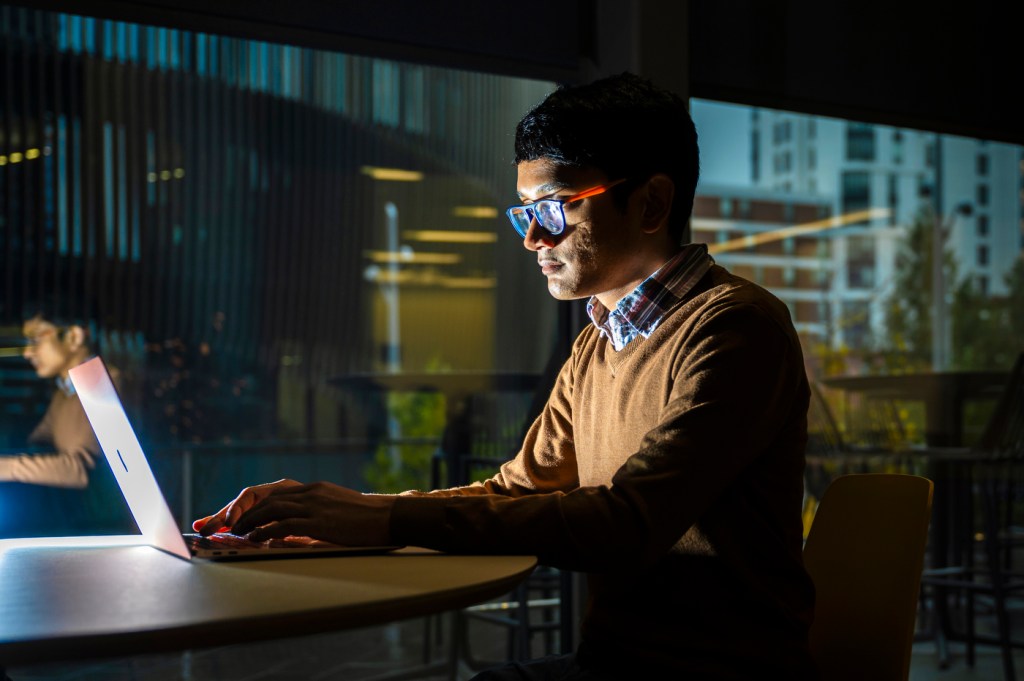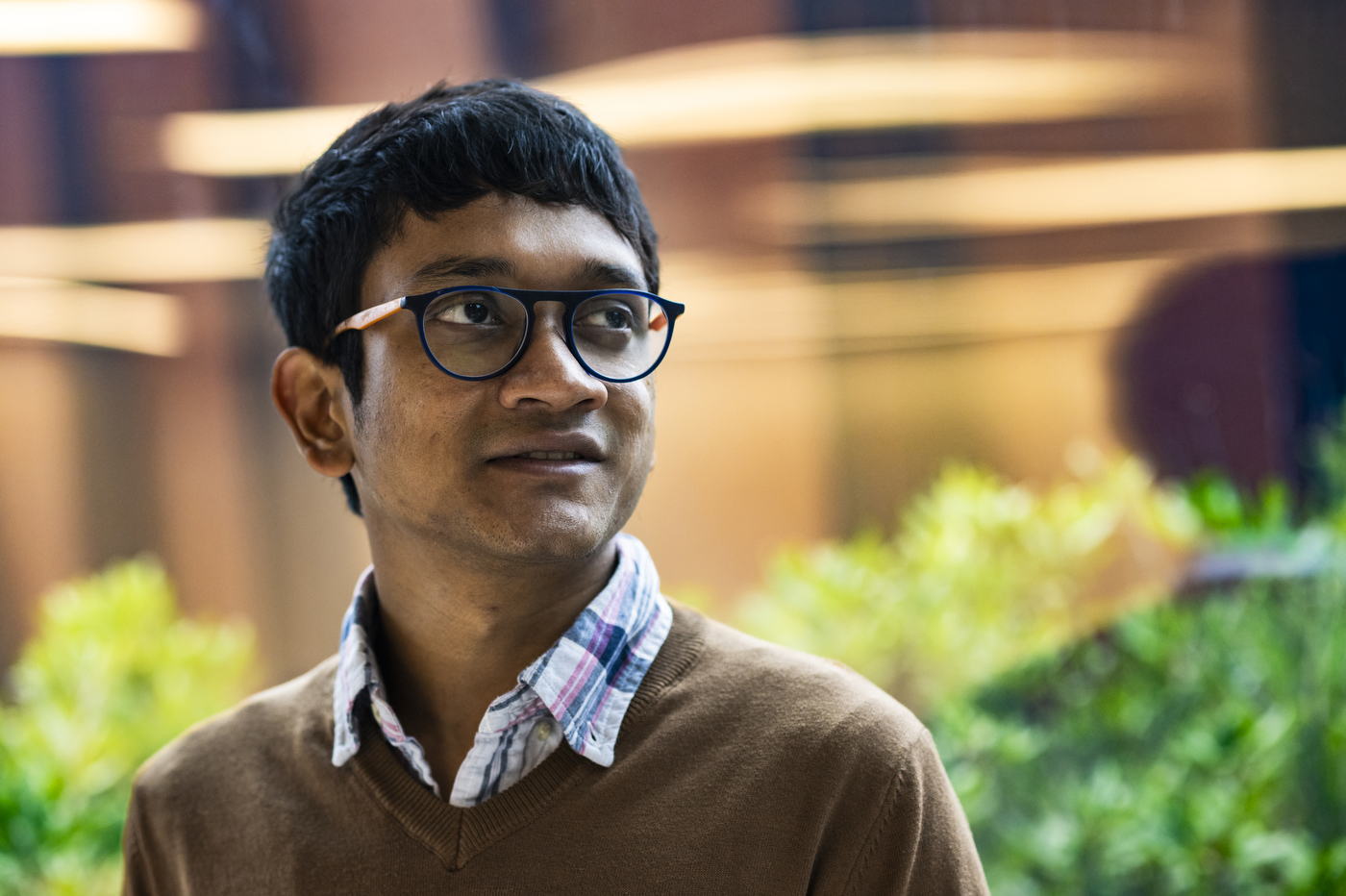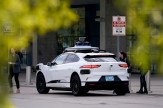Super computers run 40% faster thanks to award-winning tools developed by Northeastern doctoral student

In the fall of 2019, Rohan Basu Roy was sitting in the Goodwill Computing Laboratory on Northeastern’s Boston campus.
He had just started pursuing his doctorate in computer engineering and was working on high-performance computing (HPC) systems and applications. These systems sequence, analyze and extract large amount of data in a fraction of the time of a laptop or a regular desktop.

Scientists use these kinds of computers regularly to conduct research ranging from DNA sequencing and analyzing climate models to training large language models and tracking trends in the stock market.
Roy was using the HPC to run computational science applications that allowed him to do physics and chemistry simulations (think creating models of molecules, atoms, and other projects of that nature).
But what he quickly realized was that many of these simulations took days to complete.
“These applications were taking a long time to run on these HPC computers, and when I tried to port these applications into other computers, what was happening was that they were even slower,” he says.
So, Roy went to work creating performance tools designed to not only optimize the performance of these applications but also make them less resource intensive and more environmentally sustainable.
This week, Roy will accept the ACM/IEE CS George Michael Memorial HPC Fellowship at the SC Conference Award Ceremony in Denver in recognition of that effort.
In the past four years, Roy has developed a range of open-source tools that in some cases have increased the performance of these applications by 40% and reduced their cost between 40% and 50%, he says. Roy’s tools are now being used in some of the top research institutes in the world including the Argonne National Lab in Chicago.
“This is one of the most special awards that I’ve gotten,” Roy says. “It is a very significant award. It’s awarded by ACM and IEEE and is presented at the Supercomputing (SC) conference, which is the most prestigious venue for HPC.”
The fellowship award is named after SC conference co-founder George Michael and was designed to honor and recognize “exceptional Ph.D. students throughout the world whose research focus is on high-performance computing applications, networking, storage or large-scale data analysis using the most powerful computers that are currently available,” according to its website.
As part of the award, recipients are not only invited to the annual SC conference, but are also given a $5,000 honorarium.
“ACM-IEEE CS George Michael Memorial HPC Fellowship is one of the most prestigious Ph.D. fellowship awards by ACM/IEEE,” says Devesh Tiwari, Northeastern computer science professor and Roy’s doctoral adviser. “The competition is super-intense as ACM receives nominations from all over the world. Every year, this fellowship is given to only two exceptional Ph.D. students throughout the world whose research focus areas are in HPC.”
This isn’t the first time a Northeastern doctoral student has received the fellowship, Tiwari is quick to note. In 2021, Tirthak Patel, another one of Tiwari’s students received the award in recognition of his research that focused on addressing the “challenge of erroneous program executions on quantum computers.”
“Two students from the same group receiving this honor itself is a rare feat — and a matter of pride for Northeastern,” Tiwari says.
Cesareo Contreras is a Northeastern Global News reporter. Email him at c.contreras@northeastern.edu. Follow him on X/Twitter @cesareo_r and Threads @cesareor.






